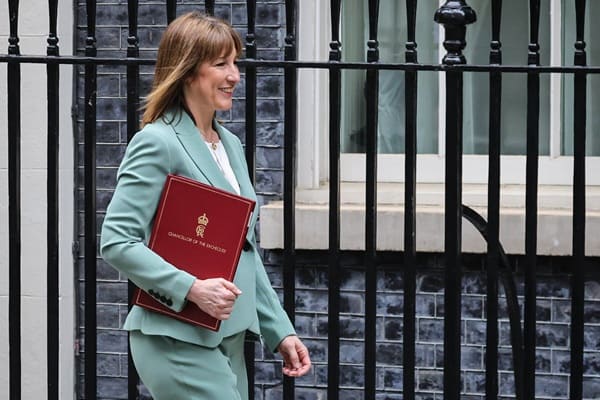
"UK government borrowing costs have soared to their highest level since 1998 and the consequences will be swift and sharp. As the markets send a clear message, the reality is unavoidable: tax rises are not just on the horizon, they're rapidly becoming inevitable, says global financial advisory giant, deVere Group. The yield on 30-year gilts has surged to 5.72%, putting unprecedented pressure on the Treasury's fiscal framework."
"The pound has also taken a hit, sliding over 1% against the dollar to its lowest level since early August. The UK finds itself boxed in: weak growth, limited borrowing capacity, and a long list of promises that require funding. Amid these tightening financial conditions, shorter-term UK government bonds are still attracting investor appetite. The Debt Management Office just issued a record-breaking £14 billion of 10-year gilts, with bids totalling more than £140 billion."
UK government borrowing costs have risen to levels not seen since 1998, with the 30-year gilt yield at 5.72%, intensifying pressure on the Treasury's fiscal framework. A £41 billion funding shortfall narrows fiscal options ahead of the Autumn Budget and increases the likelihood of tax rises to maintain solvency, fund public services, and stabilise investor confidence. The pound has slid over 1% against the dollar to its lowest since early August, reflecting investor nervousness. Shorter-term gilts remain in demand: the Debt Management Office issued £14 billion of 10-year gilts with bids exceeding £140 billion, indicating institutional repositioning.
Read at London Business News | Londonlovesbusiness.com
Unable to calculate read time
Collection
[
|
...
]